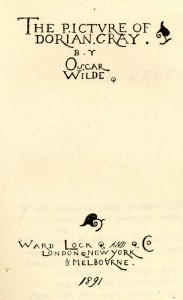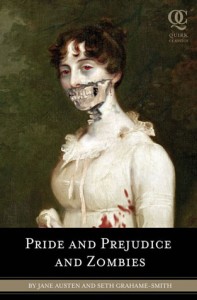 It’s called The Capture Of Cerberus. Christie wrote it in 1939, thinking it would be part of her Labours of Hercules short story series in Strand magazine.
It’s called The Capture Of Cerberus. Christie wrote it in 1939, thinking it would be part of her Labours of Hercules short story series in Strand magazine.
Publishers turned it down, probably because there’s a rather unfortunate German dictator in there and Poirot has to solve the mystery of who shot him.
The Capture Of Cerberus (she wrote a completely different short story with the same title in 1947) revolves around a dictator called August Hertzlein, who is clearly Adolf Hitler.
In the course of the plot, Christie expresses the naive hope that Hitler could have been converted to Christianity and begun preaching love and peace.
There really were people in the Thirties who believed this. One of them was Frank Buchman, founder of the Oxford Group, a hugely influential movement which has gone under various titles, including Moral Rearmament and Festival Of Light.
The story was found in her longhand notebooks by John Curran, a Christie enthusiast and author in his own right.
You can read the Hertzlein excerpt in the Daily Mail. (It begins about abruptly with a bold paragraph about a quarter of the page down.) The short story will be serialized in subsequent Saturday editions.
The whole of Cerberus and The Mystery of the Dog’s Ball, another unpublished story Curran found in Christie’s attic, will be published along with her notebooks in Curran’s latest book.
Incidentally, don’t believe the Mail’s gloss that Poirot’s ever so mild expressions of horniness might have scared off the publishers. His attraction to flamboyant redheads of dubious morality — the Countess Vera Rosakoff in particular — is a recurring theme in Poirot stories.



